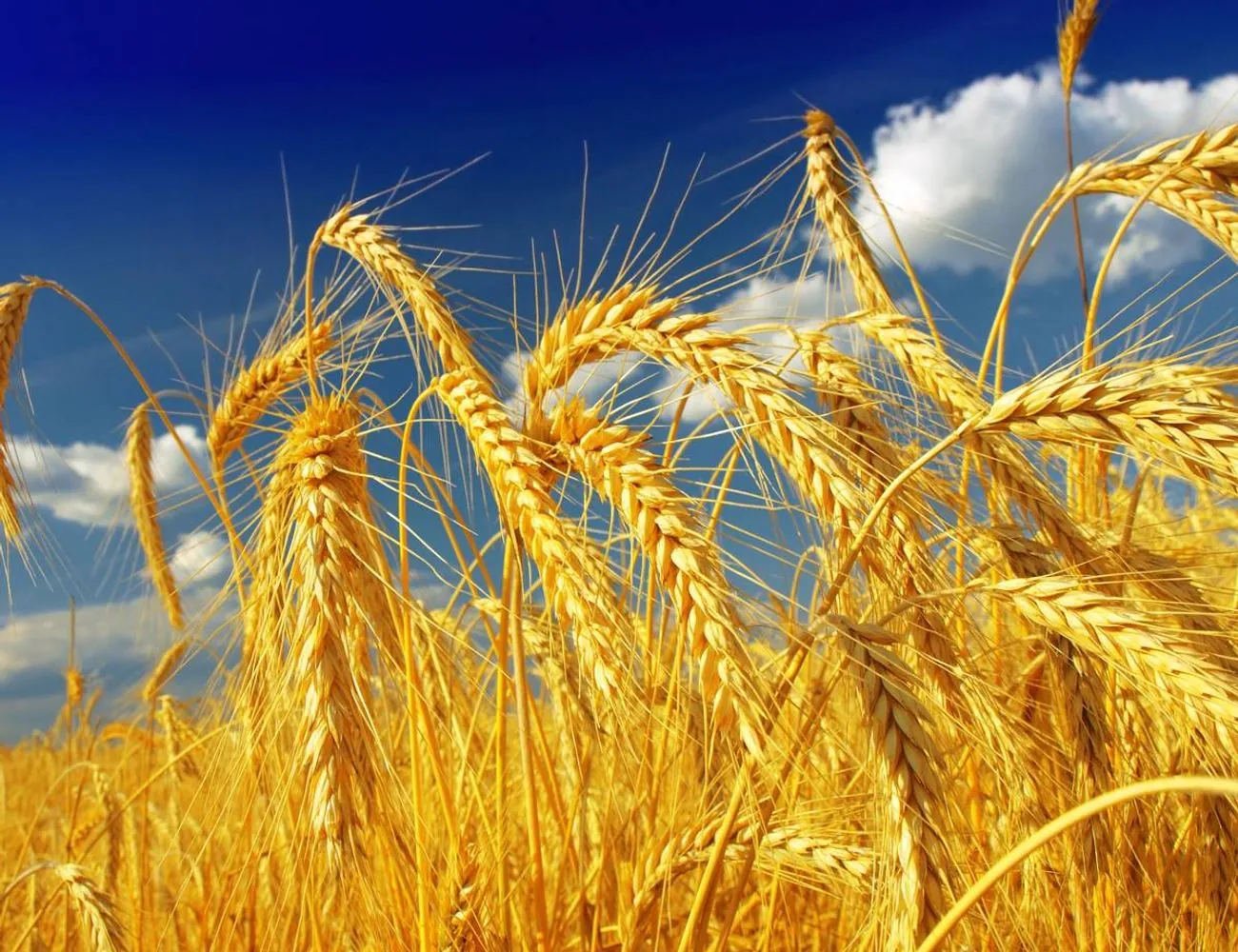“Science without borders: how the agricultural partnership between Ukraine and the EU brings new achievementsUkraine is expanding its agricultural partnership with the EU, preserving plant genetic resources and exchanging experience.
Cooperation promotes food security and agricultural development.”, — write: unn.ua
DetailsIn a world struggling with food crises, climate change and geopolitical upheavals, Ukraine plays a special role as an agrarian state. But today we are talking not only about harvests, but also about the science behind them. Ukrainian agricultural scientists, despite the war, are strengthening international ties, developing innovative strategies and joining forces with European partners for the sake of food security around the world.
One of the key steps on this path was the adoption of the Strategy of Genetic Resources of Plants of Ukraine for 2024–2028, which was developed by scientists of the National Academy of Agrarian Sciences of Ukraine. Its goal is to preserve unique genetic resources, including wheat, barley, peas, chickpeas, sunflower, which are of global importance.
The Gene Bank of Ukraine is among the ten largest gene banks in the world in terms of the volume and diversity of seed samples stored in it… With these measures, we will be able to protect our collections for future generations
The strategy envisages participation in international programs and cooperation with FAO, Crop Trust, NordGen organizations, which are already helping Ukraine overcome the consequences of Russian aggression.
Helping our Ukrainian colleagues restore and develop their gene bank is also helping ourselves. The unique crops stored in Ukraine are an important part of the agricultural biodiversity on which everyone who consumes food depends
The geography of international cooperation of NAAS today covers friendly scientific relations with more than 80 countries of the world, including Poland, Hungary, Slovakia, Bulgaria, the Czech Republic, Germany and Italy. This includes joint research, the development of new types of plants and animal breeds, as well as the involvement of Ukrainian scientists in internships abroad. For example, participation in the Know-How Exchange Programme of the Central European Initiative provides access to advanced equipment, technologies and knowledge, which is crucial for increasing yields and adapting to climate change.
Another illustrative example of international cooperation was the transfer of new ZURN D82PN and ZURN D92 breeding seeders to the Myronivka Institute of Wheat named after V.M. Remesla NAAS within the framework of the grant program “Emergency Recovery Program”, which is implemented by the Government of Japan through the Japan International Cooperation Agency (JICA). The project is being implemented with the support of the Ministry of Agrarian Policy and Food of Ukraine.
The equipment received will allow for high-quality and prompt sowing of breeding material, will contribute to the introduction of resource-saving technologies, the production of environmentally friendly products and the development of the seed production system in Ukraine
And such practice is not isolated, Ukrainian agricultural science resolutely demonstrates that it is not limited by borders and even in difficult times it becomes a bridge to international partnership, joint solutions and a global future.
Let us remind youVolodymyr Pechko, Head of the Ukrainian Association of Horticulture, Viticulture and Brewing, noted that NAAS scientists provide Ukrainian farmers with domestic varieties for crop production and horticulture, which are popular among the population and have significant potential in the international market. In addition, the expert emphasized that agricultural science in Ukraine has been suffering from chronic underfunding for many years due to various challenges. Despite this, quick results are expected from science, although reality shows quite the opposite. Breeding a new plant variety is a painstaking process that lasts for decades and requires systematic support. Ill-considered decisions regarding the transfer of land or the reduction of scientific programs can easily nullify the long-term efforts of breeders. That is why, according to the expert, Ukrainian scientists deserve not only respect, but also real protection – because they dedicate their whole lives to this cause.
